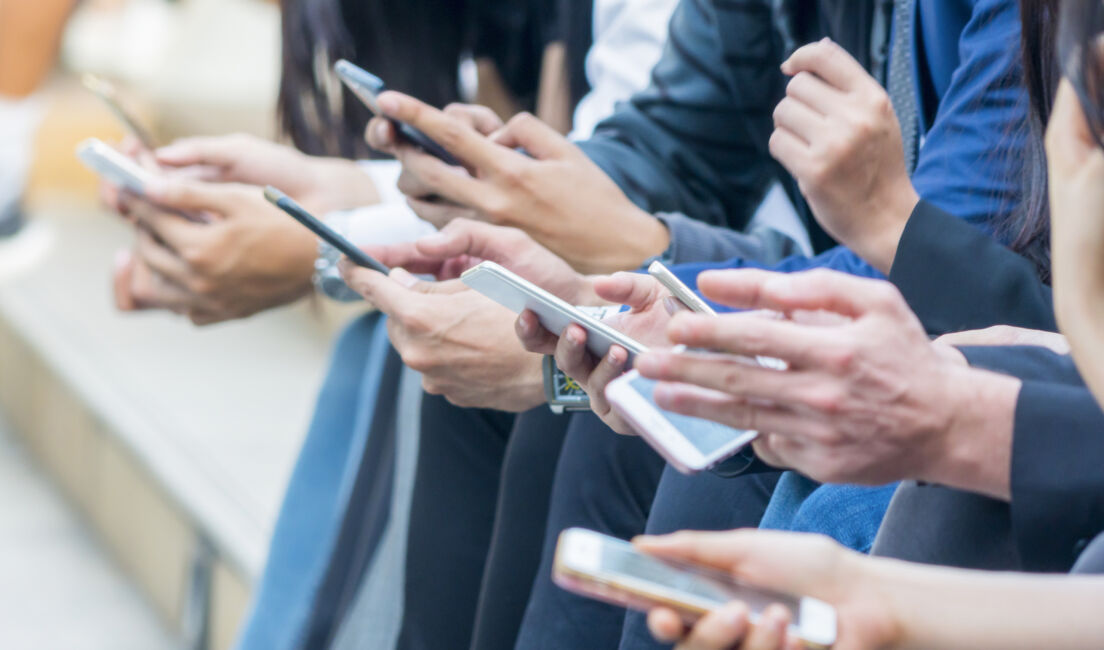Facebook, lawsuits, and 5 links to prompt conversations about social media
A monopoly most of us love to hate

Is there any subject that, when you start talking about it, everyone around you rolls their eyes and, whether they say it aloud or not, they’re thinking, “Ugh, here we go again”?
For the people in my life, that subject is Facebook. I have serious concerns about Facebook’s use of data, its effect on public discourse, and how much time people waste on the platform. When I get on my soapbox, friends and family just tune me out because they’ve heard the complaints so many times.
Last week, the Federal Trade commission and the attorneys general of almost every state in the country filed lawsuits against Facebook for anti-competitive conduct.
I should be happy, right?
So many complaints and so many users
As much as I dislike Facebook, at Civil Squared we use it for advertising. For nonprofits and for-profits alike, Facebook provides a convenient and economical way to reach new customers.
I argued against social media advertising right up to the day when I saw the analytics from our first campaign. Some of you wouldn’t even be here if it wasn’t for Facebook advertising, so as much as I don’t like it, I’m glad it exists.
Facebook is that thing we love to hate but also love to use.
In early 2019, the Wall Street Journal and NBC News conducted a poll on Americans’ attitudes toward social media. 82% said that social media “wastes our time,” 61% believe it “spreads unfair attacks and rumors,” and 57% said social media “divides us.”
At the same time, however, the Pew Research Center found that seven in ten U.S. adults use Facebook regularly. Turns out I’m not the only hypocrite: while most of us think social media is a waste of time and potentially harmful, most of us also continue to use it.
False comfort
Even if the lawsuits are successful and manage to break up Facebook somewhere down the line, it’s not clear to me that this would resolve most of my concerns. If anything, it gives us false comfort that someone “did something about it” while other platforms like Twitter, Tik Tok, etc. continue to do damage.
If we really believe, like the surveys suggest we do, that excessive use of social media is harming our society and ourselves, we are the only ones who can stop it. And it’s up to each of us to think critically about how much we engage with it, which interactions are helpful, and which are harmful to us personally.
Our 5 links this week include links to pieces that will, I hope, prompt you to ask some tough questions about social media and who is ultimately responsible for the power Facebook has over us. I don’t have the answers, but I’m going to do my best this week to re-engage people I’ve lectured about Facebook. This time, I’ll exercise some intellectual humility and try instead to have conversations about this timely subject.
5 links worth your time
- Attorney General James Leads Multistate Lawsuit Seeking to End Facebook’s Illegal Monopoly, New York State Office of the Attorney General – With the exception of Alabama, Georgia, South Carolina and South Dakota, the attorneys general of every other state in the US filed suit against Facebook for what they called illegal “efforts to stifle competition, reduce innovation, or cut privacy protections.” This press release includes a link to the lawsuit itself.
- Poll: Americans give social media a clear thumbs-down, NBC News – In early 2019, the Wall Street Journal and NBC News conducted a poll about Americans’ attitudes toward social media. The results demonstrate that most Americans don’t trust social media, even though they use it regularly.
- Social Media and the Human Person, Law & Liberty – Netflix’s The Social Dilemma has garnered a lot of attention recently. But if the filmmakers’ characterization of our helplessness in the face of powerful algorithms is accurate, what does it say about us as human beings?
- Nine Months Into the Pandemic, Rethink Those Bad Habits — Again, Bloomberg – Evidence suggests that the doomscrolling we’ve been doing since the beginning of the pandemic, is not getting any better. This article shares some helpful advice for how we tackle the bad habits that have grown out of our current circumstances and change the way we deal with our social media addiction.
- Businesses With a Give-Back Mission Caught in Facebook Ad Ban, New York Times – If you were worried about the impact of fake news or the prospect of foreign interference in the recent election, you’ll probably be glad to hear about Facebook’s ban on advertising about social issues, elections, and politics. More than a month after the election, however, the ban remains in place and there are some important unintended consequences of Facebook’s attempt at self-regulation.
Photo by ultramansk on Adobe Stock